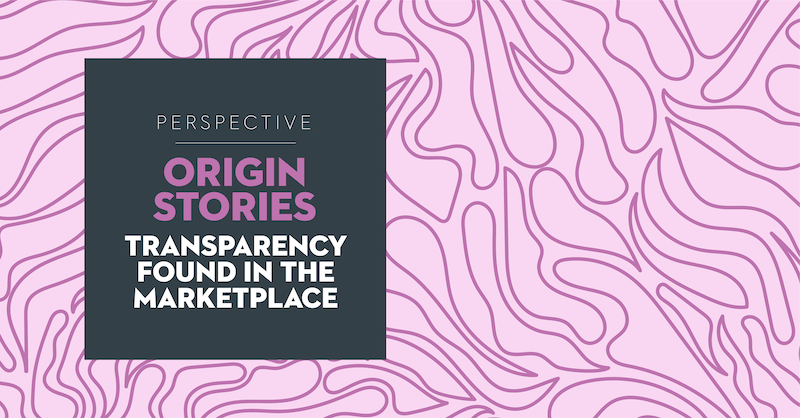
-
Written By: Julianne Brown – Senior Designer
Have you viewed a product online or in person and thought, “What is the Origin Story of this product?” For some shoppers, that thought has never occurred; as if the product is, and has always been, as it exists. However, a rising demographic of consumers prefers more information when it comes to their buying choices. While supply chains have become baroque, convoluted, and complicated, consumer appetite for information about the origins of products is greater than ever before. Information is key, and the role of consumer goods packaging is constantly evolving to include new opportunities for companies to help shoppers make choices based on what is important to them. A rise in “Conscious Consumerism,” driven by the information age, as well as social, economic, and scientific discovery, is making marketplaces smaller yet more difficult to navigate all at once.
The pandemic continues to change the world, including altering shopping behaviors as consumers shift priorities. Many customers are enjoying more options and opportunities to research and digest product information online. Transparency expectations are higher for e-commerce than in-store since there are more tools and features to search/filter/compare as well as validate accurate product information and certifications. For example, a shopper may seek information about allergens and use online filters for this purpose. Shopping based on a specific health/diet criteria may be easier online versus in-store when a choice is based on certifications.
As shoppers become more aware of business practices and what is represented by certifications such as Fair Trade, Cruelty Free, B Corp, “Free From” and OEKO-TEX® Standards, they understand more of the stories behind the products they purchase and can leverage their purchasing power to support ideas that are important to them. Worker treatment, livestock treatment, material sourcing, manufacturing method details, company culture and backstory, are increasingly important to consumers and are illuminating the “Origin Stories” of the products they purchase.
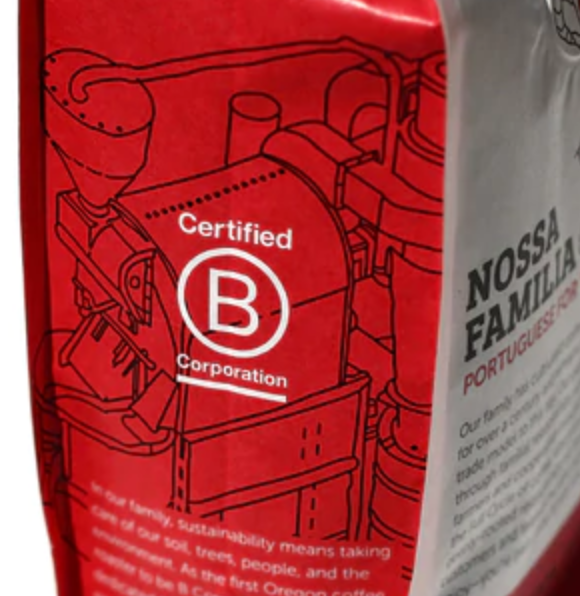
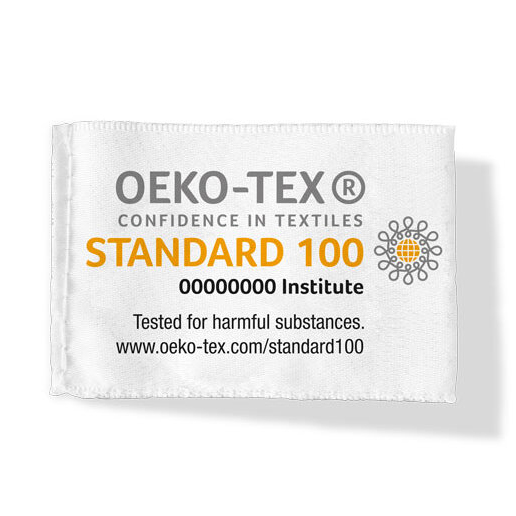
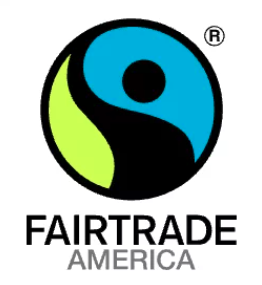
Choosing products with Fair Trade certification included on packaging or in online product descriptions is one way for consumers to choose products which are brought to market in a sustainable way. Fair Trade standards are a combination of social, economic and environmental criteria that support the sustainable development of small producer organizations and agricultural workers. Gender equality, child labor and environmental justice standards are some of the additional issues under the Fair-Trade umbrella. Overall, supply chain poverty reduction strategies like “Fair Trade” have proven effective in easing the pressure on workers to further the environmental destruction of natural lands, stabilizing areas economically and raising standards of community wellness.
An animal welfare certification that shoppers look for on beauty product packaging is the Cruelty-Free certification which simply means that a product and its ingredients weren’t tested on animals. “Beauty without Bunnies” is a free database by PETA that provides information about which companies do and do not utilize animal testing in their process. The online app “Bunny Free” allows shoppers to search for companies by name and indicates whether or not they test on animals (source).

The Certified Vegan logo is easily recognizable to consumers interested in animal-free products and helps vegans to shop without constantly consulting ingredient lists. This includes insect and bee products like honey and skins and fur of animals. Additionally, this certification helps companies acknowledge the growing vegan market, as well as bringing the term ‘Vegan’—and the lifestyle it represents—into the mainstream.
If you ever wondered why some beer or wine is Certified Vegan, it is because the clarification process of fining these beverages typically uses isinglass, a substance derived from sturgeon fish bladder.
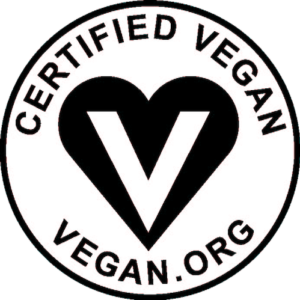
One of the most recent packaging certifications to hit consumer goods markets is the Carbon Neutral Certified claim. This certification represents an organization’s commitment to decarbonization, and the neutralization of remaining carbon impact via environmental projects. Recognized by Amazon as a search filter to help customers shop for over 75,000 sustainable products in the U.S. and Europe, the certification standards are based on the internationally recognized standard PAS 2060 or the Carbon Neutral Protocol.
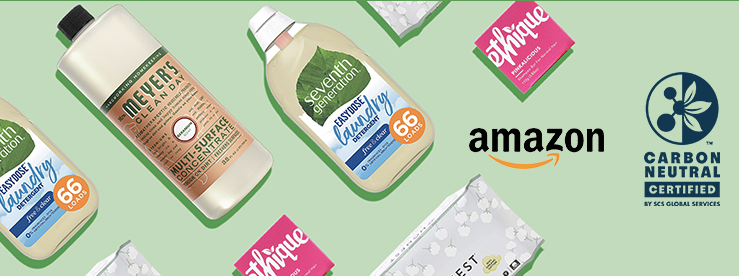
The first beer to bear the Carbon Neutral Certified claim is Colorado-born Fat Tire from New Belgium Brewing.
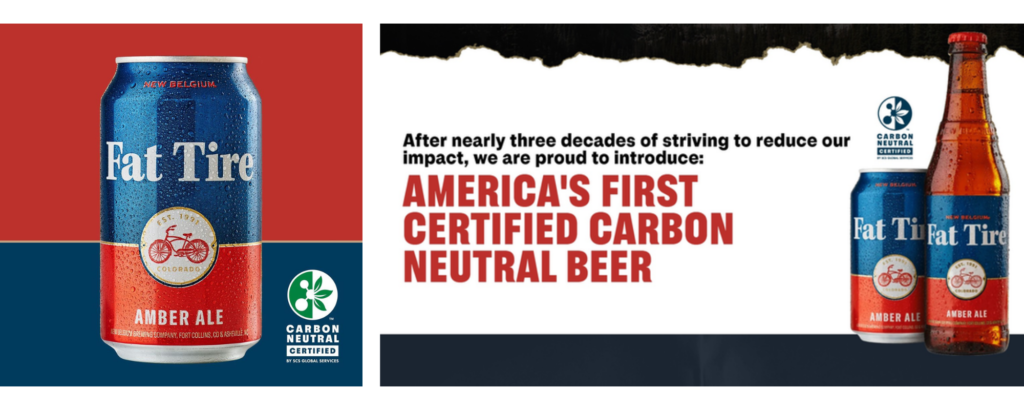
Many certifications are created in response to specific updated perceptions about ecology and earth stewardship. An example of transparency driving industry change, the seafood industry now has a growing number of certifications for global, as well as local seafoods. Examples are MSC Certified (Marine Stewardship Council) and 100% Mercury Tested.
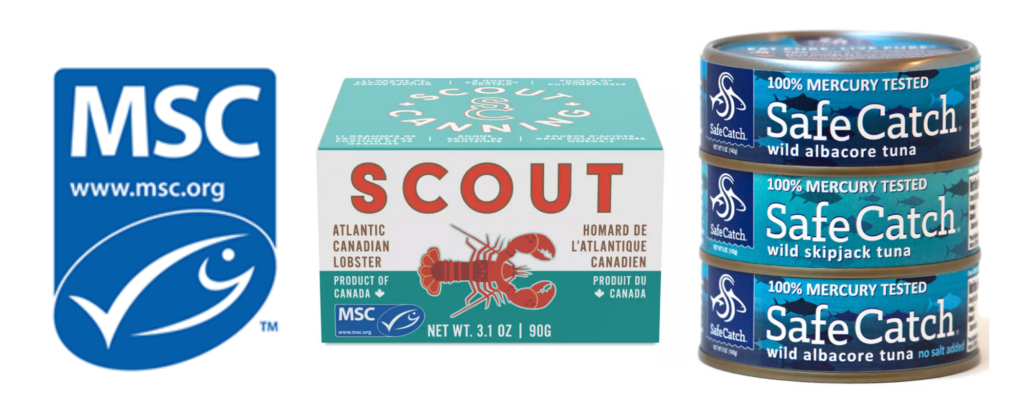
One food brand also offering consumer interaction with tracking information is Portland Oregon-based seafood company Fishpeople®. Website visitors who enter their product’s code at fishpeopleseafood.com can access details in the form of a story similar to this: “The Albacore Tuna in your pouch took a long swim across the Pacific Ocean to be pole caught by one of two Fishing Vessels (F/V). The F/V Valor III is captained by Dan Glissendorf and he docks the fish in Newport. The F/V Sundancer is a new business by two young brothers – Mike & Tim Quandt. Mike is the fisherman and Tim is a refrigeration expert, together they set the standard for quality Albacore.” (reported in source) This level of granular information engages shoppers on a personal level and helps brands differentiate via their transparency.
Fishpeople®, a certified B-Corp, is fueled by a dedication to sustaining fishing communities, stewarding ocean resources and nourishing you. “We envision a seafood industry that rewards the many instead of the few. We source from environmentally responsible fisheries, support independent fishermen, and are dedicated to providing exceptional quality” (source).
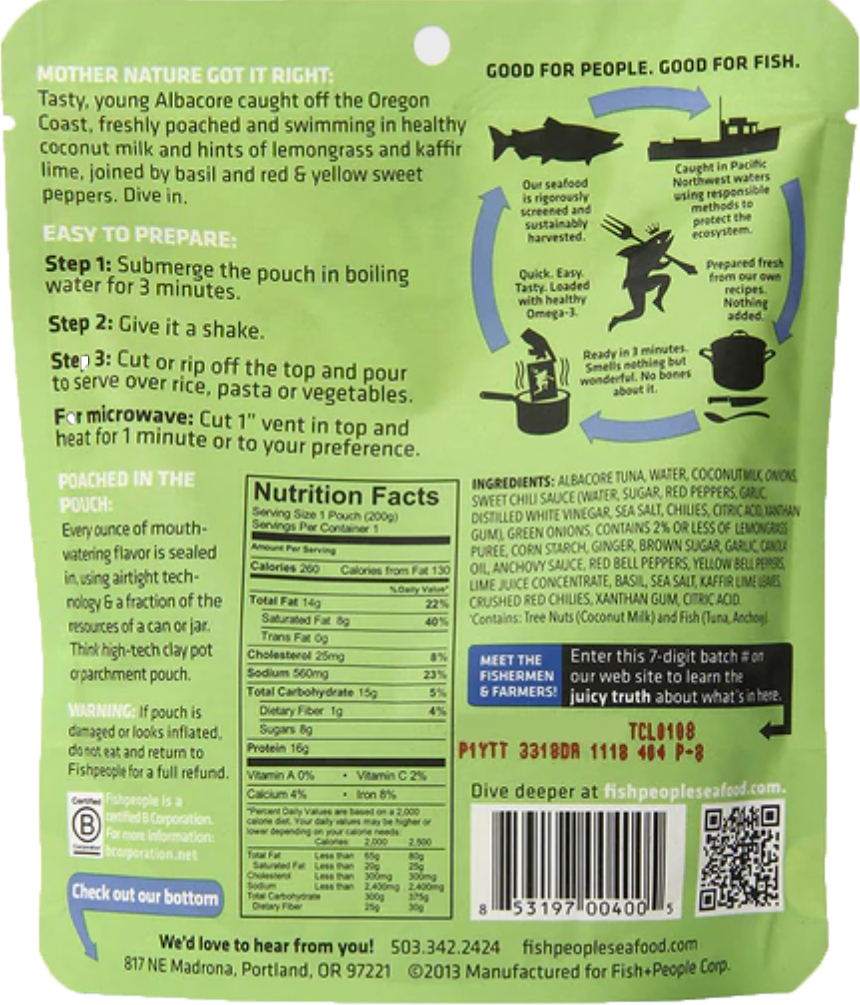
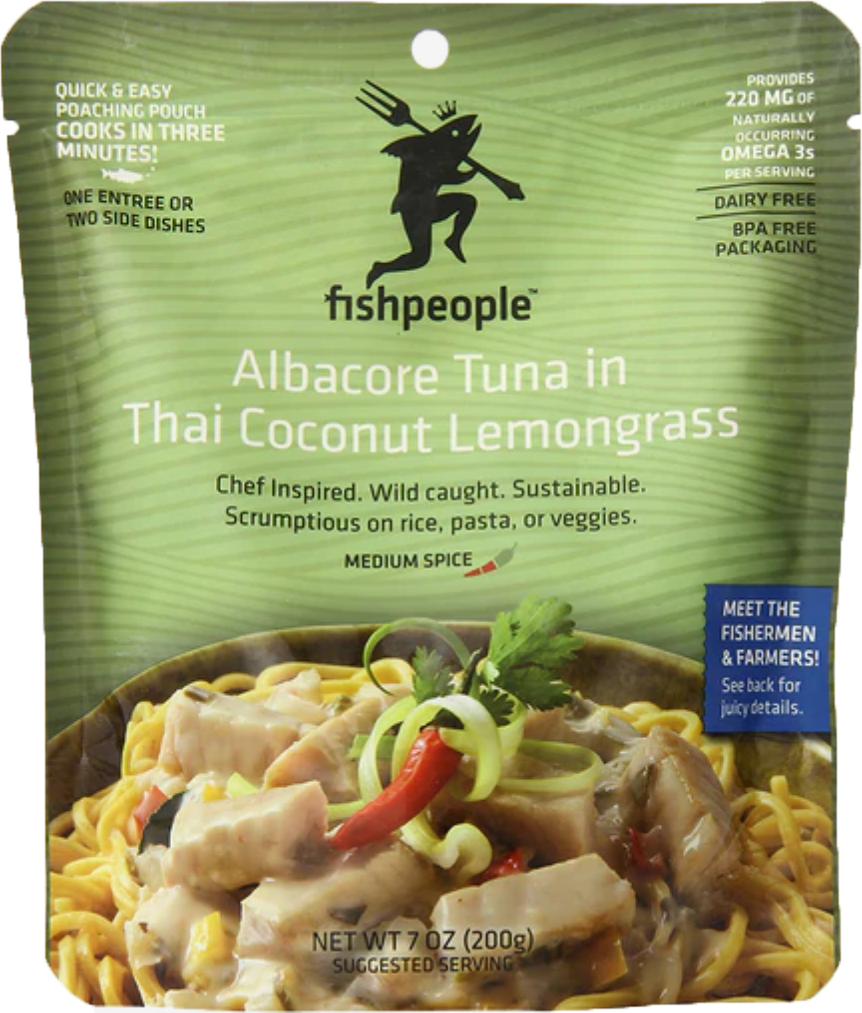
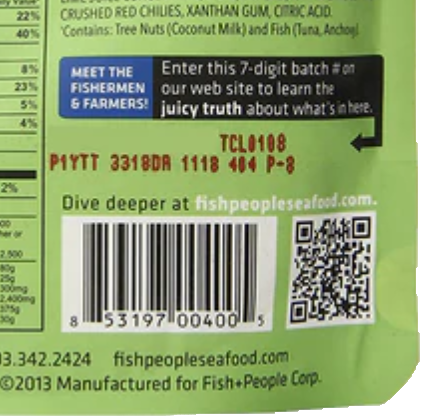
At Smith Design, our culture is rooted in caring. We make a conscious and collective effort to translate our values into actions that benefit our staff, our clients, our community and our environment.




SIGN UP FOR OUR NEWSLETTER
©2022 SmithDesign, ALL RIGHTS RESERVED | Privacy Policy | 8 Budd Street, Morristown NJ 07960 | 973.429.2177